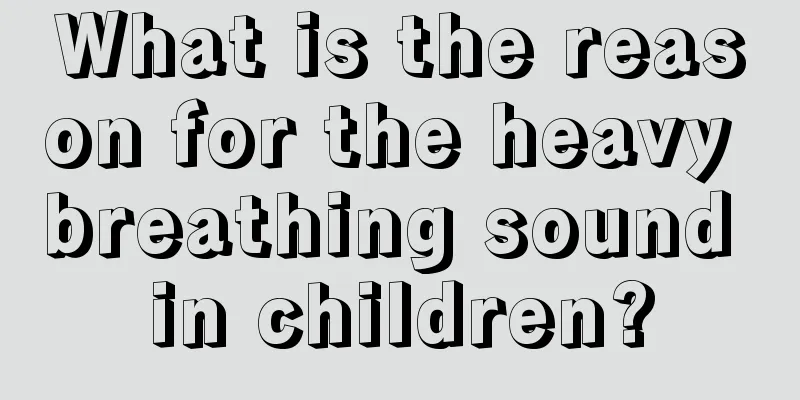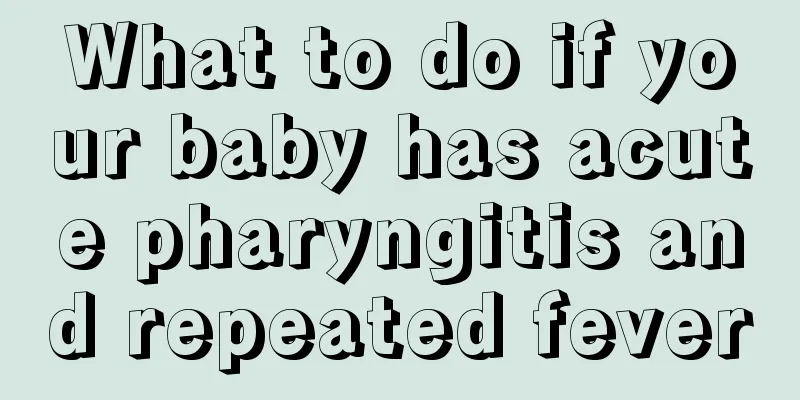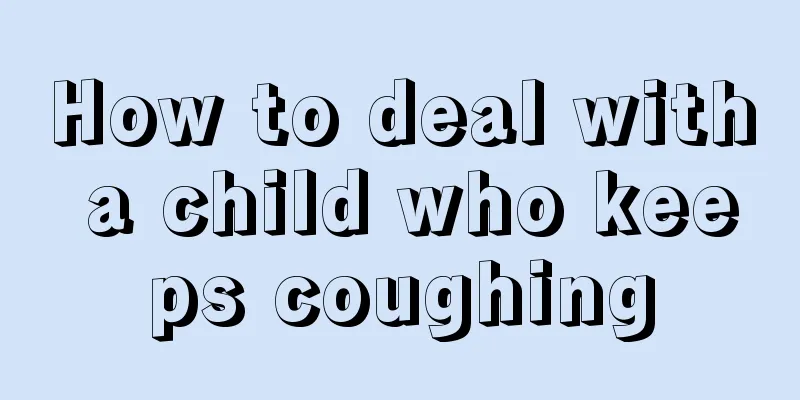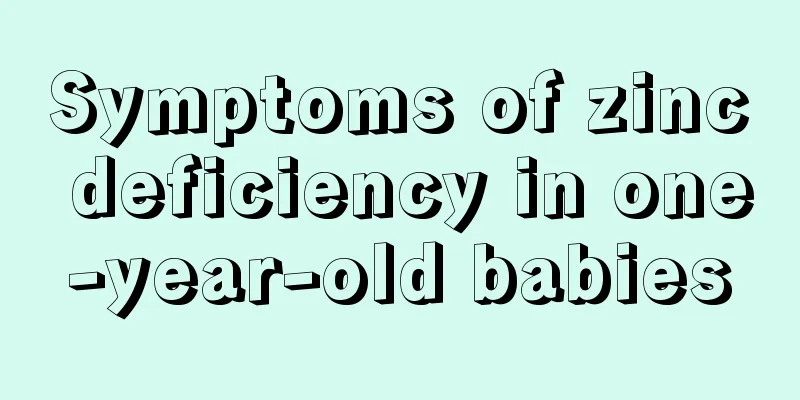Reasons for cold sweats in children
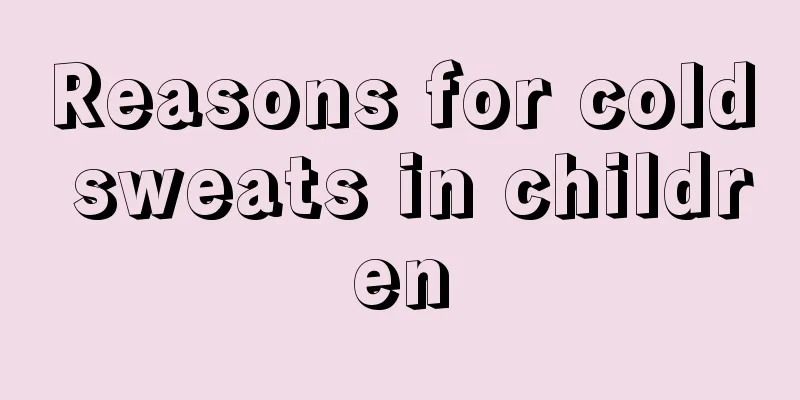
|
What mothers care about most is the physical development of their children. If the child's physical development is good, it is undoubtedly a happy thing for parents. However, if they know that the baby is not developing well and there are some abnormal phenomena in the development process, such as the child loves to sweat, we know that the amount of sweating is normal when the child is normal, not too much. If the child sweats and sweats coldly, there are many reasons. So what is the reason for the child's cold sweat? Infants and young children have an active metabolism and are active and lively. Some of them cannot rest even after going to bed at night, so they may sweat on their heads after falling asleep. The so-called physiological hyperhidrosis refers to sweating during sleep when the child is well-developed, healthy, and has no disease. Parents are often accustomed to deciding the best environmental temperature for their children based on their own subjective feelings, and like to cover their babies with more blankets and keep them tightly covered. Because children's brain and nervous system are not yet fully developed and they are in the growth and development period, their body metabolism is very active. Coupled with the stimulation of overheating, they can only regulate normal body temperature by sweating to evaporate the heat in the body. In addition, drinking milk, malted milk or eating chocolate before going to bed can also cause sweating in children. Some parents give their children milk, malted milk, etc. before they go to sleep. After the child falls asleep, the body produces a large amount of heat, which is mainly dissipated through sweating through the skin. In addition, too high room temperature or excessive warmth can also cause children to sweat while sleeping, which are all physiological sweating. Pathological sweating occurs when the child is in a quiet state, such as sweating caused by rickets, which manifests as obvious sweating on the child's head in the first half of the night after falling asleep. Because the pillow is irritated by sweat, babies often shake their heads and rub against the pillow when they sleep, resulting in sparse hair and loss of hair on the pillow, forming typical annular hair loss on the pillow, which is medically known as "occipital baldness". It is an early manifestation of rickets in infants. As long as vitamin D and calcium are supplemented in time, rickets can be controlled and sweating will stop by itself. If a child sweats not only in the first half of the night but also in the second half of the night and before dawn, it is usually a sign of illness, the most common of which is tuberculosis. Tuberculosis also has other symptoms, such as low fever, fatigue, loss of appetite, flushed cheeks, etc. Children with tuberculosis tend to sweat easily during daytime activities, which is called spontaneous sweating, and sweating at night is called night sweats. If you suspect your child is infected with tuberculosis, a lung X-ray or a tuberculin test should be done for timely diagnosis and treatment. Heart disease, diabetes (hypoglycemia), tuberculosis or breathing problems during sleep, because the internal pressure (lesions) of the body causes the sympathetic nerves to be in a state of tension all the time, may also cause "night sweats" or "cold sweats on hands and feet". This is a long-term symptom. If parents are worried, they can take the baby to a pediatric clinic or hospital for examination, listen to the heartbeat for abnormalities, feel the belly for lumps (tumors), check whether the upper respiratory tract is unobstructed or whether the baby has allergies, etc., to eliminate doubts in their hearts. When children are growing up, we parents must always pay attention to their physical condition to avoid abnormal phenomena in their bodies. If any abnormal situation is found, we must promptly deal with the child. If the child is sweating, we must also take good care of him to avoid catching a cold due to cold sweats. If the child is zinc deficient, similar symptoms will occur. It is recommended to check the child's trace elements. |
<<: Symptoms of intracranial hemorrhage in children
>>: Autism testing for children
Recommend
Why does a child’s penis become red and swollen?
If a child's penis becomes red and swollen, p...
Is it okay for children to drink milk powder at night?
When parents are taking care of their children, t...
Treatment of bleeding belly button in newborn baby
The incidence of newborn baby belly button bleedi...
What should I do if my baby keeps coughing?
The little children are disturbed and threatened ...
Can I use an electric fan when my baby has a fever?
It is actually normal for babies to have a fever,...
Children with severe hair loss
Children are experiencing severe hair loss. We sh...
Why is the newborn's face a little yellow?
Newborns always have one disease or another becau...
When is the best time to extract teeth for children?
As children grow, they will inevitably go through...
What to do if your baby's eyes are yellow? Timely treatment is the key
Newborn babies are generally very weak and can ea...
What should I do if my 12-year-old child has a fever?
In the growth process of every child, problems of...
My 5-year-old child can't speak clearly. What's wrong?
If a five-year-old child still cannot speak clear...
Dietary considerations for severe eczema in infants
Many newborn babies will inevitably suffer from e...
Baby scalp eczema treatment
Many parents will find a layer of eczema on their...
What should I do if my one and a half year old has bronchitis and has not recovered after taking medicine for a week?
Babies of one and a half years old have relativel...
How to lose weight for obese children
Children are growing and need more nutrition than...


